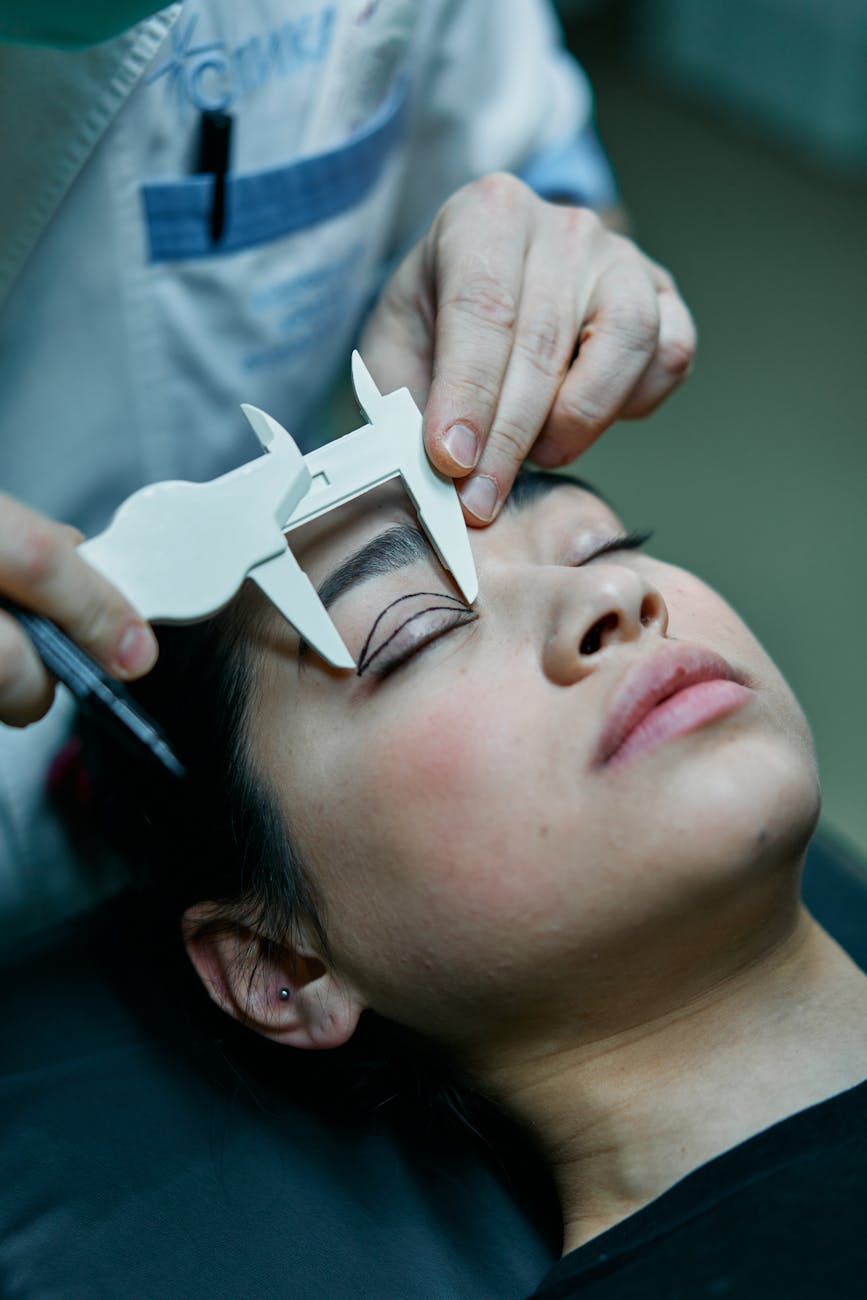
You notice something has changed, but you can’t say exactly when it started
Not a dramatic change.
Not something anyone else points out.
But you know it’s there.
You see it in photos—especially the ones you didn’t pose for.
Your eyes seem smaller.
Not from aging, but from something else.
A quiet heaviness.
A dimming that makeup can’t correct.
You try concealer, primer, caffeine eye cream.
But still, your reflection feels slightly off.
Like something is sitting between you and the version of yourself you remember.
Your eyelids feel heavier in the morning
Not with pain—but with pressure.
A weight you didn’t ask for.
A fold that never used to be there.
It doesn’t hurt, but it distracts.
When you blink. When you read. When you speak.
Your eyes do more work just to stay open.
It’s not fatigue—it’s structure.
Skin that once held itself up now drapes a little lower.
You wake up and press your fingertips to your lids,
wondering when that extra skin arrived.
You pull gently on your brow, just to see what it used to look like
You stand in front of the mirror and lift your brow slightly.
Not a full arch.
Just enough to smooth the lid.
And suddenly, you see it.
The version of your face that used to feel effortless.
Open. Awake. Bright in a quiet way.
You’re not chasing something new.
You’re remembering something familiar.
And it doesn’t feel vain—it feels like a return.
They start with frustration, or curiosity
Eyelid surgery doesn’t usually start with certainty.
It starts with wondering.
Then asking.
Then searching.
It’s not about looking younger.
It’s about looking less weighed down.
It’s not even about beauty, really.
It’s about visibility.
How much of your eyes can be seen before your brow takes over the space above them?
Like something’s always in the edge of your eye
For some, it’s vision.
Purely functional.
The upper eyelid droops into the line of sight.
Peripheral vision narrows.
You compensate by lifting your forehead.
You squint more than you notice.
The muscles around your eyes work harder than they should.
And that leads to tension.
Not just in the eyes—but in your head, neck, and even your expression.
It’s not about chasing youth, it’s about easing strain
Blepharoplasty removes the extra skin that stays after elasticity fades.
But it doesn’t sculpt or reshape you into something else.
It reveals the shape that was always yours.
Just waiting underneath.
It can also reduce puffiness in the lower lids.
That tired, swollen look that no amount of sleep seems to cure.
The one that people politely say, “You look tired,” about—even when you’re not.
The result isn’t shocking—it’s familiar
The best outcomes don’t look done.
They look like you.
But less burdened.
You don’t walk out with a new face.
You walk out with space.
Above your eyes. Below them. Around the edges of your gaze.
That openness affects more than photos.
It affects presence.
How you meet people.
How you show up in light.
You’re just not carrying that weight above your eyes anymore
Recovery is surprisingly gentle for many.
There’s bruising, yes.
There’s swelling, absolutely.
But most people say it’s worth it.
They rest, ice, and let their eyes heal.
A week passes, maybe two.
And then they look up.
Not just at the mirror—but at the world.
And they do so without the habit of lifting their brow first.
It’s not about need—it’s about readiness
There’s no age requirement.
No one feature that qualifies you.
You don’t need approval.
You need alignment.
When how you feel inside and what you see outside stop matching,
you start thinking about change.
Not because you’re broken.
But because you’re ready to meet yourself again—with less effort.
You feel like yourself, only lighter
The difference isn’t always visible to others.
But you’ll feel it when you blink.
When you laugh.
When your eyes no longer fight to stay open through the afternoon.
When light hits your face and you don’t turn away.
When someone says “You look rested,” and this time, it’s true.
Eyelid surgery isn’t transformation.
It’s restoration.
The kind that brings quiet relief.
